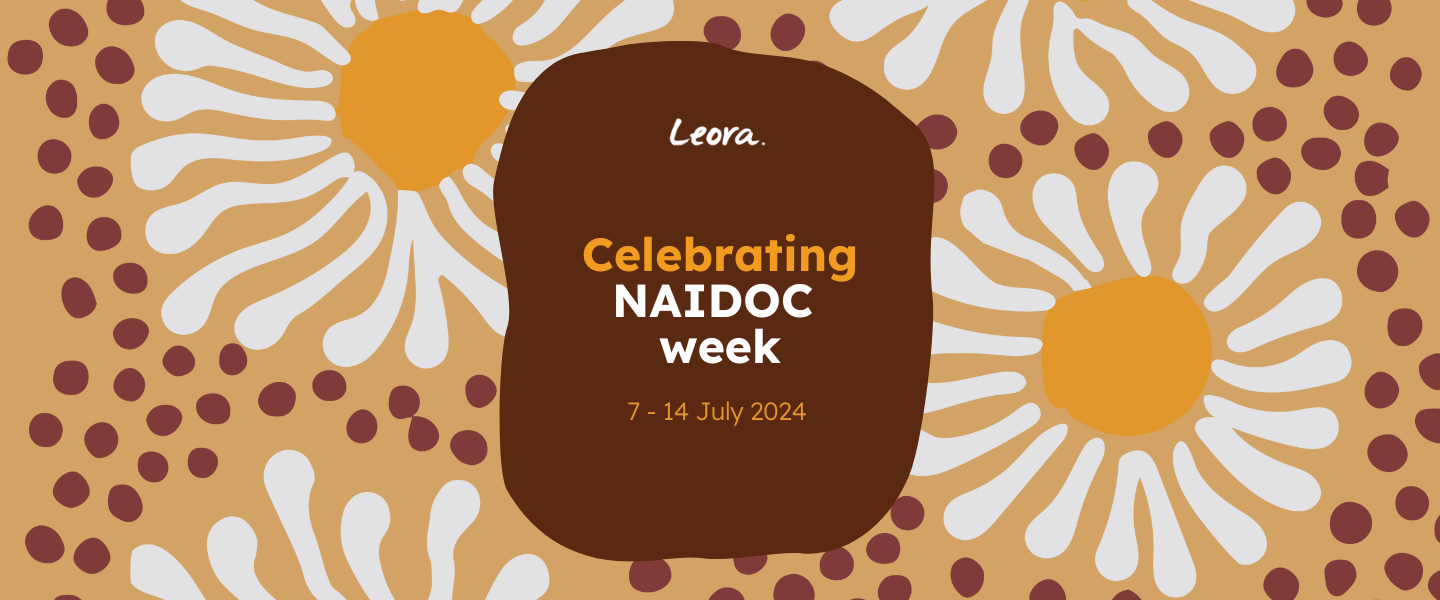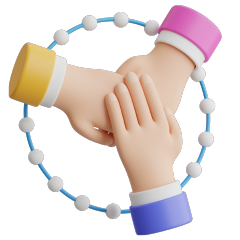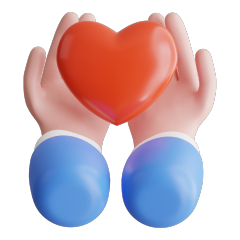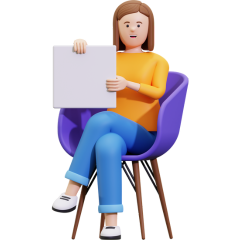NAIDOC Week

This NAIDOC Week, celebrated this year the 7th to the 14th of July, encourage your team to deepen their understanding of Aboriginal and Torres Strait Islander culture and communities.
NAIDOC Week celebrates and recognises the history, culture and achievements of Aboriginal and Torres Strait Islander peoples. It is an opportunity for all Australians to learn about First Nations cultures and histories and participate in celebrations of the oldest, continuous living cultures on earth.
This NAIDOC Week, celebrated this year the 7th to the 14th of July, encourage your team to deepen their understanding of Aboriginal and Torres Strait Islander culture and communities. To facilitate this conversation, we’re asking,
With greater understanding and appreciation for the Aboriginal and Torres Strait Islander experience, you can create a safe and progressive workplace that celebrates diversity. Have you considered how your business will commemorate NAIDOC Week this year?

Aboriginal and Torres Strait Islander people have unique cultural practices, beliefs, and traditions that significantly influence their understanding of and approach to mental health. Aboriginal and Torres Strait islanders’ culture is one of the oldest living cultures in the world. Their experiences are passed down, across generations, which affects individuals and communities today. Unfortunately, the historical and ongoing experiences of colonisation, dispossession, and discrimination have had profound psychological impacts on Aboriginal and Torres Strait Islander communities today.
Intergenerational experiences refer to the transmission of cultural knowledge, values, and the psychological impacts of past events from one generation to the next. For Aboriginal and Torres Strait Islander people, these experiences can include the resilience and strengths derived from their cultural heritage as well as the impacts of historical trauma. This duality means that while their communities can draw strength and identity from the past, they may also face challenges related to the psychological effects of past injustices.
Mental health is deeply interconnected with culture, spirituality, and community for Aboriginal and Torres Strait Islander peoples. Community and family support is integral for providing individual support and resilience against mental health challenges. This sense of belonging extends beyond immediate family, offering support, understanding, and a shared sense of responsibility.

Indigenous individuals and communities have experienced real historical and ongoing trauma due to colonisation, and the many traumatic events that followed. These traumas are passed down through the community, impacting the mental health of generations past, present and future. This has greatly contributed to the socioeconomic disadvantage experienced by many Aboriginal and Torres Strait Islander people today.
Nearly 1 in 2 Aboriginal and Torres Strait Islander people lived in the most socioeconomically disadvantaged areas in Australia in 2016. (Australian Institute of Health and Welfare)
Intergenerational disadvantage, inadequate access to healthcare services and discrimination contribute significantly to mental health disparities among Aboriginal and Torres Strait Islander peoples.
Understanding and providing cultural safety in the mental health space is important to ensure services are respectful, responsive, and relevant to Indigenous cultural norms and values.

Cultural sensitivity means ensuring mental health care can become more readily available, delivery more targeted and overall more effective for Aboriginal and Torres Strait Islander peoples, ultimately improving mental health outcomes and wellbeing.
Mental health care providers should employ trauma-informed care, acknowledging historical and intergenerational trauma and its impact on mental health. This could include using trauma-focused therapies that help individuals process and heal from past experiences. In the instance of providing counselling or therapy, it is essential that the provider is respectful of Indigenous cultural beliefs, values, and communication styles. This includes using interpreters if necessary and ensuring therapists have cultural competence.
Depending on the individual, treatment could integrate a more holistic approach, combining Western therapeutic methods with traditional healing methods such as storytelling or art therapy. This could look like employing a Culturally Informed Trauma Integrated Healing Approach, using concepts like Dadirri, an Aboriginal contemplative way of deep listening, used to support the processes of sharing stories, trauma recovery and learning.
We Ali-Li is a program that integrates traditional healing practices with contemporary mental health treatments. Creating a safe space to heal forms the foundation for their program, encouraging open dialogue, storytelling, and the sharing of personal experiences in a safe, supportive environment. In the below clip, watch as they establish connection to the land as essential for grounding and reinforcing cultural identity.
When we consider mental healthcare holistically, it is important to work collaboratively with Indigenous health workers, elders, and community leaders. This way providers are able to develop and implement treatment plans that are culturally appropriate and responsive to local community needs.

- Boost employee engagement by hosting a cultural immersion day, traditional storytelling sessions or film screenings that highlight indigenous culture. Partner with Indigenous representatives and groups to ensure these are culturally appropriate and delivered with accuracy and sensitivity.
- Offer cultural awareness training for employees to deepen their understanding of Aboriginal and Torres Strait Islander cultures, histories, and perspectives. Here at Leora, we are happy to organise this for your business, just reach out via the Contact Us form.
- Use internal communication channels to highlight NAIDOC Week activities, share educational content, and start conversations with your Aboriginal and Torres Strait Islander employees about how they might like to commemorate the week.
Leora is a workplace wellness platform that enables employees access to a network of accredited and experienced therapists. Through one connected wellbeing platform, users can schedule therapy appointments, seek immediate advice from qualified counsellors and utilise a library of wellness resources.





